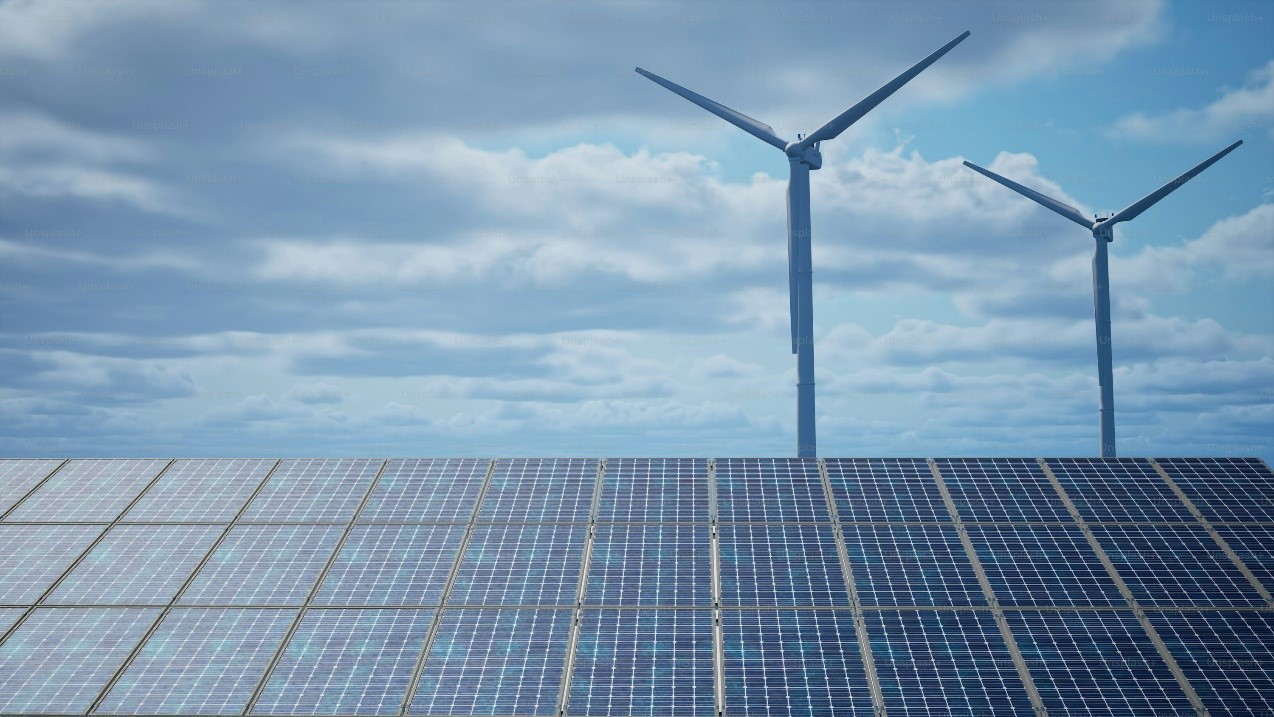
In the pursuit of a circular future, Walki presents a range of fully recyclable laminates tailored for the food industry. Håkan Sabel, R&D Manager at Walki, emphasizes the need for effective barriers, particularly for foods like meat, sausages, and cheese, to ensure extended shelf life and minimize CO2 emissions associated with food spoilage.
Addressing challenges posed by unique food shapes and sharp edges, Walki has traditionally relied on various polymers and multilayer structures. As the EU's Packaging and Packaging Waste Regulation mandates all food packaging to be recyclable by 2030, Jonas Skuthälla, Head of Business Line Flexible Packaging at Walki, underscores the industry's quest for recyclable polymer solutions for complex food products.
Walki's extensive portfolio encompasses recyclable laminate solutions, including flowpack, standup pouches, pillow pouches, top films, and lidding films. The company has now introduced an innovative, recyclable flexible baseweb for thermoforming, catering to the packaging needs of meat and sausages.
Sabel notes that Walki's thermoforming solutions are available in either PE or PP, with PE being a popular choice due to its compatibility with most recycling facilities, while PP is preferred for applications requiring higher temperature resistance, such as stand-up pouches. Both materials are easily recyclable, and the films are PA-free.
Choosing monomaterial PE or PP ensures that the food packaging remains fully recyclable within the plastics stream, meeting essential functions of product protection, shelf life extension, and reduction of food waste, according to Jonas Skuthälla.
Flexibility is a key feature, with all films available for flexo and digital printing or supplied in a transparent form. Customers in the food industry are expressing significant interest in transitioning to recyclable solutions, driven by the anticipation of a circular future, even as specific details of the Packaging and Packaging Waste Regulation are yet to be finalized, says Skuthälla.







